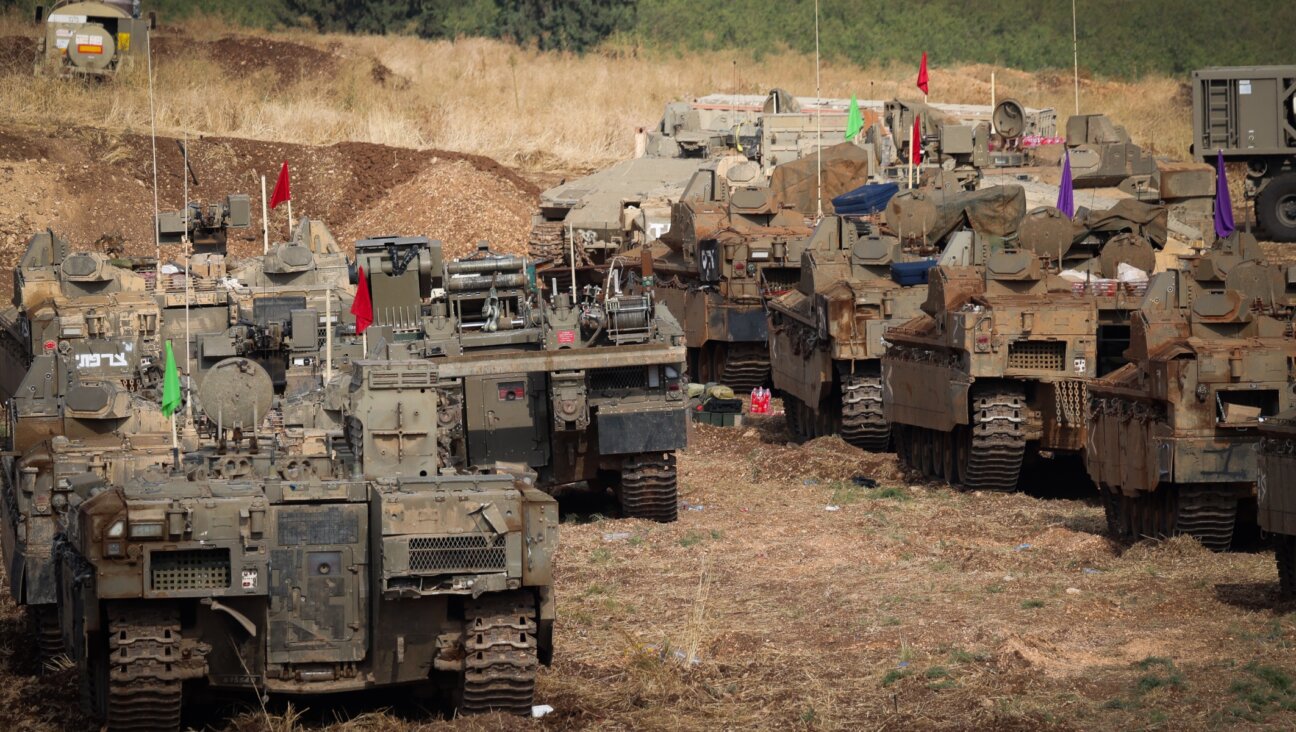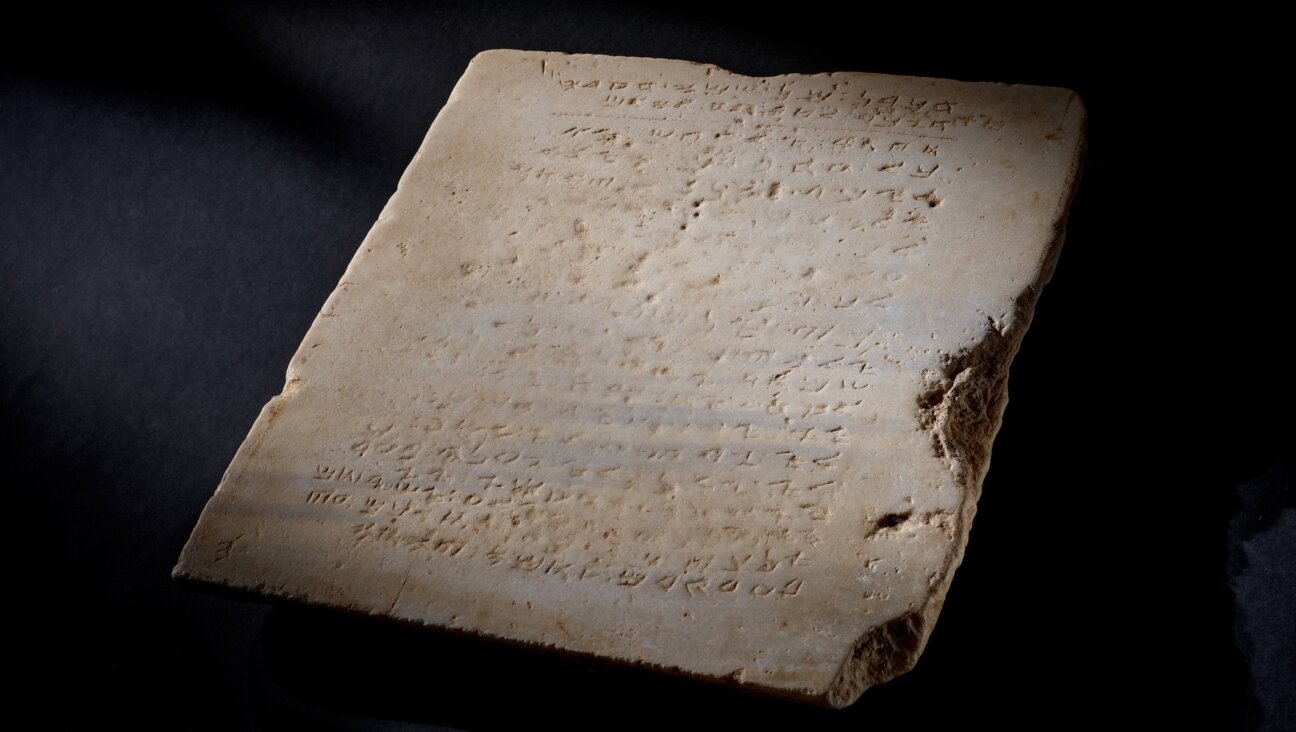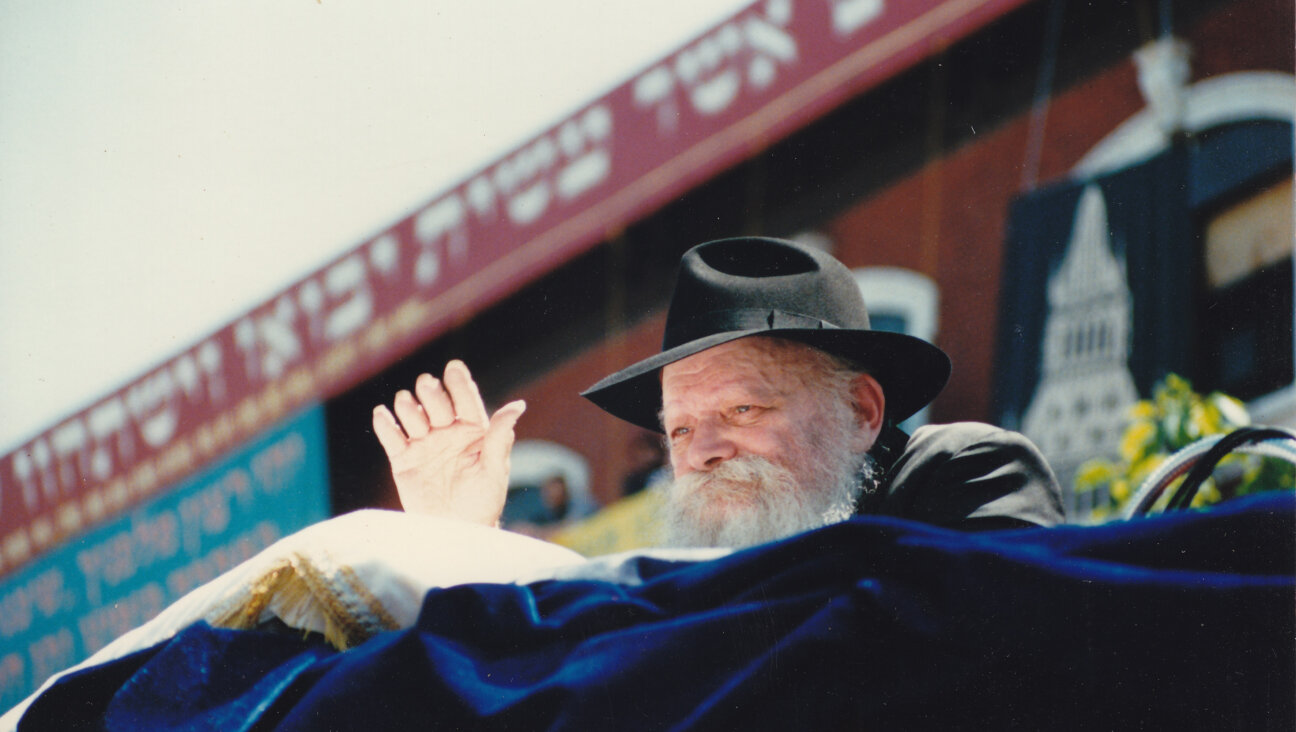August 1, 2003
Accident Symptomatic Of Neglect in California
I lived in the Santa Monica area for about five years, and it is a complete illusion that it is some kind of paradise (“Soul-Searching Follows Farmers’ Market Tragedy,” July 25). That is the lie that Santa Monicans like to tell themselves, but, as is the case in Los Angeles in general, there are a tremendous number of people falling through the social service cracks.
Like the rest of Los Angeles, Santa Monica reflects a breakdown of our caring for the elderly — a point the editorialist powerfully brought out in the same issue (“The Survivors’ Legacy”). In many ways, Santa Monica is a terrible place where the multimillionaires drive their late-model luxury cars while many people have no health insurance and cannot get adequate medical care. When I lived there during the early 1990s, homeless people were constantly cruising the alleys.
It doesn’t surprise me that a tragedy like the one at the farmers’ market could happen, because people are not taking care of each other there. Someone should have told that man to stop driving — but no one did. It happens hundreds, maybe thousands of times a day, only this was such a great tragedy that people had to take notice. But they still don’t get it.
This is sounding more and more negative and bitter, but I’m speaking from lived experience: People don’t care enough about each other there, and this is what happens. I hope this tragedy prods people to dig for the deeper problems in Santa Monica and Los Angeles.
Mark Klempner
Monteverde, Costa Rica
Crackdown on Militants Targeted Irgun, not Lehi
Opinion writer Moshe Maoz errs in writing that it was only after the Lehi assassination of British diplomat Lord Moyne that the Palmach forces turned in hundreds of Jewish militants to British authorities (“Waiting for Abu Mazen’s Altalena,” July 18).
As early as January 1942, Moshe Sharret addressed a meeting of the Jewish Agency for Israel’s executive committee and demanded that the public cooperate with the police against the Lehi. Over the ensuing three months, more than a half-dozen Lehi members were kidnapped and handed over to the British police.
“La saison” two years later was an anti-Irgun campaign following Menachem Begin’s proclamation of revolt and a half-year’s worth of armed anti-British resistance. The Lehi had agreed to lower its profile. In meetings between Hagana and Irgun representatives in October, a month prior to the Moyne killing, Eliyahu Golomb threatened to “destroy” the Irgun. Preparations by the Palmach were already in high gear when Moyne was shot.
Undoubtedly, Moyne’s assassination in Cairo provided a simple reason, but in fact the Lehi was untouched by “la saison,” whereas the Irgun was seriously impaired.
Yisrael Medad
The writer lives in the West Bank town of Shiloh.
Israeli Arabs Live Well, But not Well Enough
Without a doubt, Israeli Arabs on average enjoy the highest standard of living of any Arab population in the Middle East (“Israeli Arab Wins Political Asylum in U.S.,” July 18). Do these minorities have to deal with bias and discrimination by the majority in Israeli society? Of course, just as just about any minority must fight for equal rights in any other nation. But in the only true democracy in the Middle East, every Arab has the right to voice his or her personal opinions about almost any subject without fear of being killed or imprisoned by the authorities.
Nearly 100% of Israeli Arab children attend school. The more than 1 million Arabs in Israel are able to choose from over 20 Arabic periodicals produced in Israel for an Arab population that boasts a 95% literacy rate, the highest in the Middle East. The life expectancy rate is 72 years of age and the infant mortality rate is 7.6 for every 1,000 babies born, a dramatic decrease from 60.6 for every 1,000 in 1959.
Even though Israeli Arabs on average are much better off than Arabs in any other land, the gap between Arabs and Jews inside Israel regarding income, standard of living, infant mortality and education is still far too wide, and enemies of Israel are quick to point out these facts for less than charitable purposes. The result has been a dramatic increase by Israeli Arabs in the aiding and abetting of terrorists, as well as a rise in violent protests.
I believe that the time has come for Israeli Arabs to become equal to Israeli Jews in every respect — a daunting challenge, to be sure.
Joseph Yudin
Nir Yafe, Israel
Millennia-old Traditions Do the Time Warp
When I first saw the photo of the scantily clad woman gyrating next to the innocent looking young man at the top of the Fast Forward section in the July 25 issue, my first thought was that the accompanying text would be on the weekly Torah portion of “Parshat Pinchas” — the parsha which contains the tragic episode of the seduction of the Israelite men by the women of Midian.
Then I realized my mistake: “Parshat Pinchas” was the previous week’s reading, and the photograph actually accompanied the article about bar mitzvah celebrations during the 1960s, 1970s and 1980s (“Let’s Do The Time Warp”).
I’ve been to such bar mitzvah celebrations in the 21st century. I guess things haven’t changed all that much during the last 3,000 years.
David Koerner
Brooklyn, N.Y.
Jewish Inmates at Risk From Proselytization
Rabbi Jerrold Levy, incarcerated in a federal prison in North Carolina, writes in a July 11 letter to the editor that Christian proselytizing does not greatly influence Jewish inmates because “the Jesus metaphor does not work for us Jews” (“Christian Jail Programs Instill Faith in Rebirth”). He concludes with a spirited defense of Prison Fellow Ministries and faith-based evangelical programs in general. Perhaps that’s the case in federal prisons, but the “Jesus metaphor” seems to work for many in state penitentiaries.
The Forward’s sympathetic treatment of Evangelical Christianity in letters and articles, as evidenced by the publication of Levy’s letter, has resulted in at least one person’s move to help Jewish inmates: me. After an 18-month hiatus, I’ve decided to “resurrect” my Washington State Department of Corrections volunteer badge and resume regular visitation with Jewish inmates at the local state prison complex.
Jewish and other minority inmates face incredible challenges, as do the directors and volunteers throughout the United States with Aleph and Jewish Prison Services International. Antisemitism flourishes in state pens, fostered by rural Bible-thumping communities, prison officers, Christian in-house chaplains and heavy-duty proselytizing by Prison Fellow Ministries and other fundamentalist church volunteers.
Getting prison officials to allow Jewish inmates to eat kosher food, receive religious books, wear kippot and tallitot, get matzo and other Pesach foods and light Shabbat candles is a never-ending battle. There are no such “constitutional impediments” for Christian inmates and their outside volunteers.
Levy’s assertion notwithstanding, the “Jesus metaphor” is indeed a very powerful draw for Jewish inmates surrounded by Christians and prison staffs with scant knowledge or interest in Jewish observance, ritual practices and the psychological needs of Jews in prison.
Akiva Segan
Seattle, Wash.
No Legal, Political Basis For Freeing Prisoners
A July 25 editorial simplistically suggests suggests that Palestinian prisoners should be freed because Israelis “must accept that the Palestinians who attacked them over the years, however despicable their methods were not common criminals but fighters in a cause” (“Freeing Prisoners”).
There are two basic facts the editorialist chose to ignore. Firstly, the “road map” directing the current peace process does not include prisoner release at this stage. What it does include, and what the Forward should urge, is disarming of Palestinian terrorist militias, such as Hamas and Islamic Jihad, and Israeli dismantling of all illegal outposts. To the extent that one supports current Palestinian demands for the mass release of prisoners, one permits the Palestinians to shift the grounds of debate and evade their clear responsibility. Only renewed conflict will result.
Secondly, Israel’s refusal to release prisoners “with blood on their hands” is well supported by international law. The individuals in question are not simply POWs who are typically repatriated at the end of a conflict. Many are, in fact, war criminals who dispatched, abetted and delighted in attacks against women, children and the elderly, just because the victims were Jews. These were not soldiers in a war, but murderers committing hate crimes.
In the aftermath of the Yugoslavian conflict, such miscreants are recognized as war criminals and so prosecuted by an international court. Why not in Israel?
That the Palestinians elide these points is not surprising, though it is regrettable. That the Forward avoids these distinctions is both regrettable and disingenuous.
Robert Moss
Metuchen, N.J.
A message from our CEO & publisher Rachel Fishman Feddersen

I hope you appreciated this article. Before you go, I’d like to ask you to please support the Forward’s award-winning, nonprofit journalism during this critical time.
We’ve set a goal to raise $260,000 by December 31. That’s an ambitious goal, but one that will give us the resources we need to invest in the high quality news, opinion, analysis and cultural coverage that isn’t available anywhere else.
If you feel inspired to make an impact, now is the time to give something back. Join us as a member at your most generous level.
— Rachel Fishman Feddersen, Publisher and CEO























